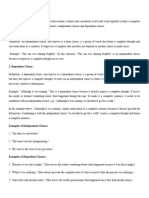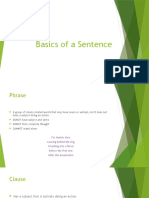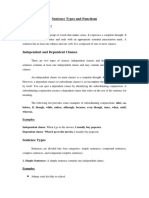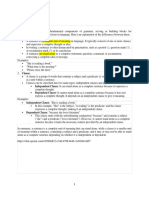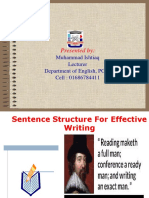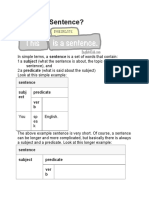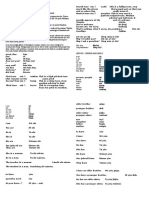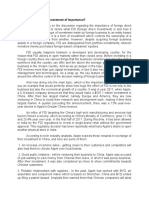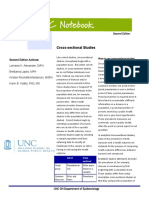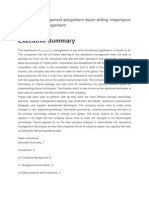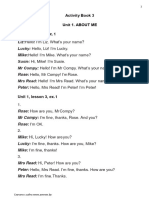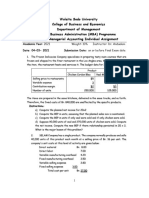0% found this document useful (0 votes)
19 views46 pages2 - Sentence Types and Functions
The document outlines a lesson on sentence types and functions, focusing on definitions and examples of sentences, phrases, and clauses. It includes various activities for students to practice identifying and constructing different sentence types, such as simple, compound, complex, and compound-complex sentences. The aim is for students to understand and apply these concepts in their writing by the end of the lesson.
Uploaded by
Murtaza MalekzadaCopyright
© © All Rights Reserved
We take content rights seriously. If you suspect this is your content, claim it here.
Available Formats
Download as PPTX, PDF, TXT or read online on Scribd
0% found this document useful (0 votes)
19 views46 pages2 - Sentence Types and Functions
The document outlines a lesson on sentence types and functions, focusing on definitions and examples of sentences, phrases, and clauses. It includes various activities for students to practice identifying and constructing different sentence types, such as simple, compound, complex, and compound-complex sentences. The aim is for students to understand and apply these concepts in their writing by the end of the lesson.
Uploaded by
Murtaza MalekzadaCopyright
© © All Rights Reserved
We take content rights seriously. If you suspect this is your content, claim it here.
Available Formats
Download as PPTX, PDF, TXT or read online on Scribd
/ 46







